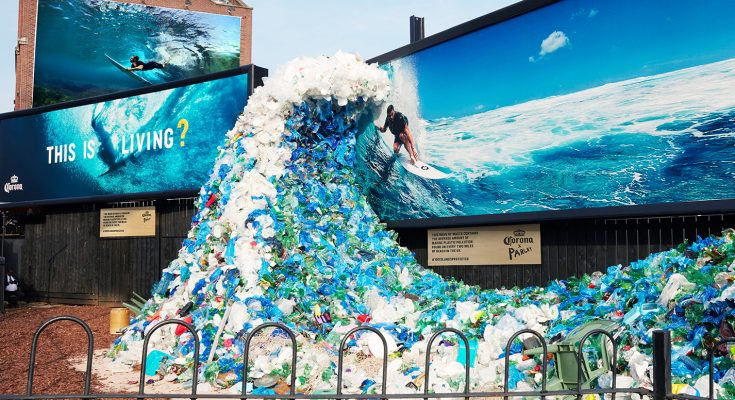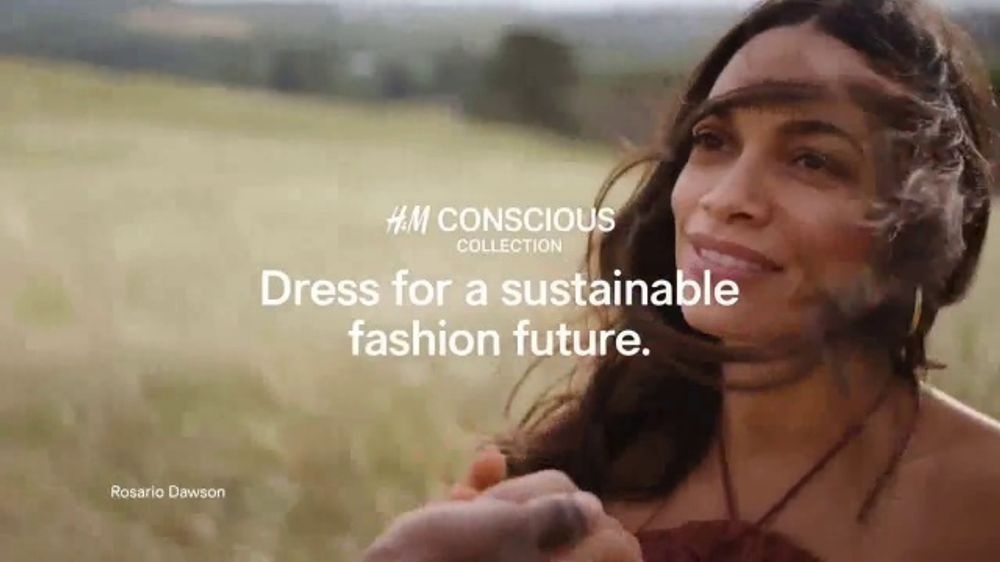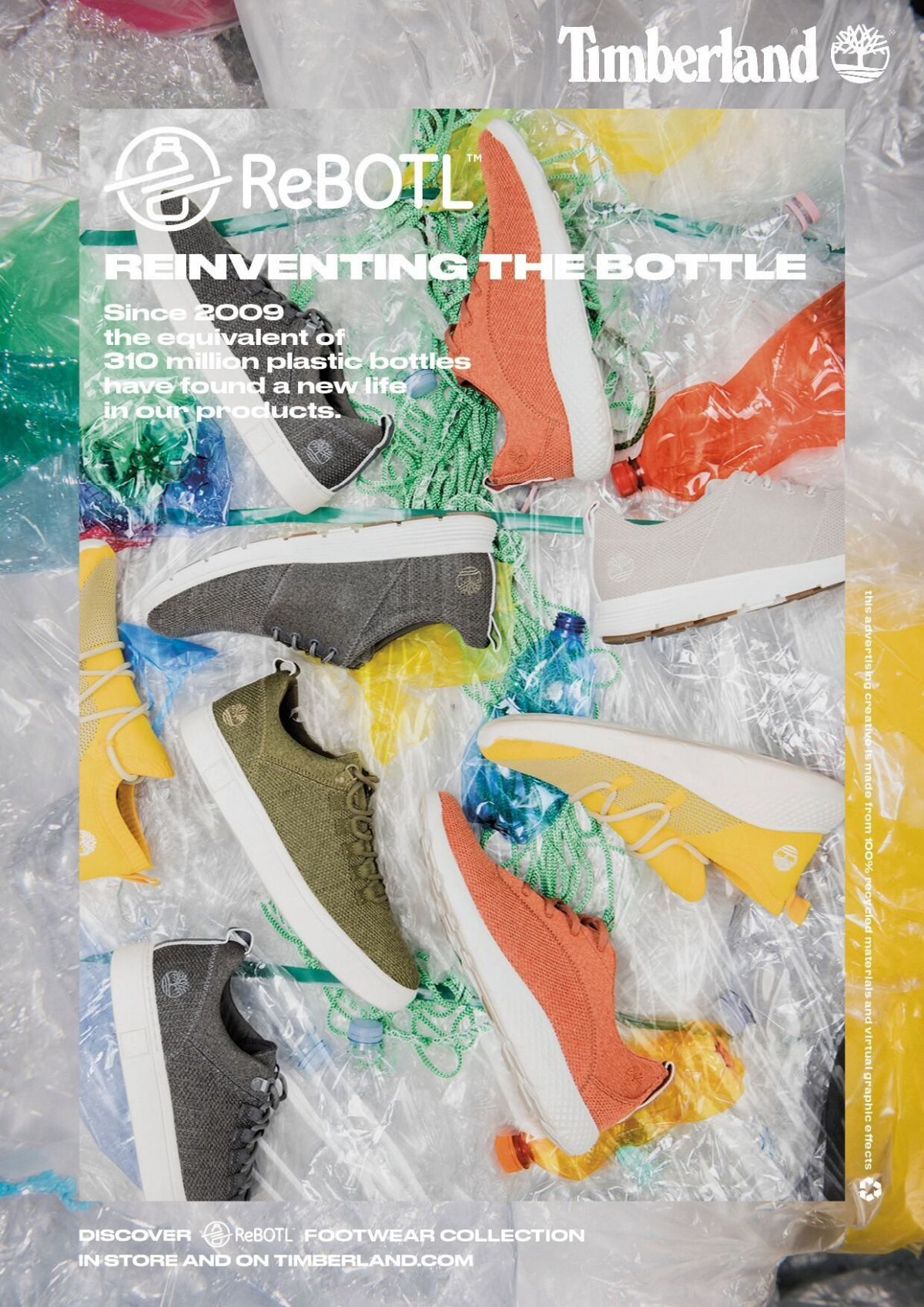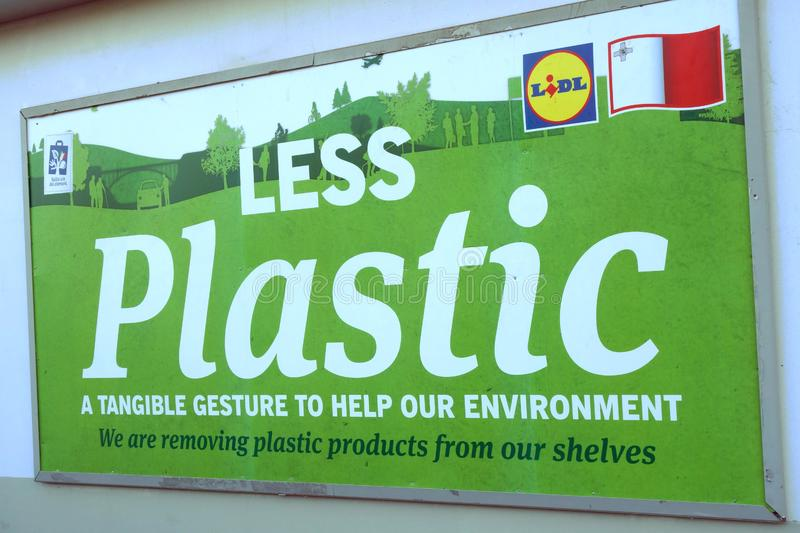- Blog
- green light
- COMMUNICATING...
COMMUNICATING SUSTAINABILITY: AN EFFECTIVE MARKETING TOOL
Feb 06, 2020 | written by: Rebecca McNamara
Increasingly, we talk about environmental sustainability and sustainable growth in an expanding number of business and market contexts. In the first half of 2019, The Easy Way and EG Media published “Communication that is good for the environment", a marketing research report that shows a 51% increase in the number of environmental sustainability campaigns, compared to the first quarter of 2018. (For reference, see: report comment on BeIntelligent.eu)
National and international politics are working to create a regulatory framework
to facilitate companies that actively participate in the fight against climate change
In 2015, the United Nations ratified the 2030 Agenda for Sustainable Development, indicating 17 global objectives, of which 7 are related to environmental sustainability, with particular importance placed on the issue of climate change.
Certain international bodies have also taken a stance on the climate and environmental crisis. Christine Lagarde, President of the European Central Bank since November 1, 2019, declared that Climate Change is a priority for the ECB. According to an article published in "Il Sole24 Ore" on September 21, 2019, this declaration is intended to awaken national governments, still "dormant" on these issues, clearly due to financial motivations.
The
Italian Ministry of the Environment launched a public consultation on the “Low greenhouse gas emission development strategy until 2050” (“Long-term strategy” in short), which Italy was required to prepare and send to the European Commission by January 1, 2020, as set out by the Paris Agreement and European regulations. The public consultation ended on November 4, 2019. Everyone could participate by completing a simple online questionnaire.
Meanwhile, Ireland has declared the
National Climate Action Plan, which aims to neutralise the country's carbon emissions by 2050, and to counteract the effects of climate change. The plan includes a new carbon tax, more investment in renewable energy, and the planting of 22 million new trees every year until 2040, for a total of 440 million trees, (Irish Times article from May 7, 2019).
Companies already take an active role
towards
sustainable growth
In response to growing consumer interest in the sustainability of products, more and more companies have committed to environmental sustainability. Spurred by the crucial political intervention to create a favourable environment, companies are now focusing on developing sustainable practices, in order to help the environment and to contrast global warming. In particular, Marketing Directors are looking for ways to leverage their efforts in sustainability to increase sales and to improve brand reputation.
Between words and deeds ...
authenticity, transparency, consistency
By analysing the marketing and communication strategies of Leading Brands in various sectors, one can infer that the effectiveness of environmental communications is driven by authenticity (actual projects), transparency (clear communication of the results achieved) and consistency (between projects, values and business strategy). If a company communicates its commitment to environmental sustainability, it must be able to demonstrate how it generates a value (or avoids a negative impact) in practice.
The choice of the tone of voice of each message depends on several factors, including:
- The market in which the company operates (e.g the food industry is focused on giving visibility to the sustainability and traceability of their production chain. While the fashion industry focuses on researching and promoting innovative materials with low environmental impact);
- The brand’s intent (e.g. obtaining a high position in the sustainable company ranks; redeeming the brand after a media attack and consumer boycotts; creating a community of consumers who share the company's values);
- The purpose of the communication (e.g. promoting a new product, playing an active role in informing the public)
Communications that work and achieve goals are concrete ones,
where the link between product and company is evident and well documented.
Let's have a look at some success stories:
Beverage market -
Corona: the famous brand, on the occasion of World Oceans Day, deliberately changed its slogan from "This is living" to "This is living?", replacing the images of paradisiacal surfing spots with beaches flooded by pollution

Automotive market -
Audi: the message intends to promote the car but, at the same time, to communicate a strong company achievement in innovation and environmental sustainability values

Outdoor clothing market -
Patagonia: the campaign promoted the collection to existing customers, who share the company’s green values, to reinforce the brand message of authenticity and consistency. Their mission statement since they began:“We are in business to save our home planet”.

Fast fashion market -
H&M: an example of one of the campaigns to promote the “Conscious” collection, produced with recycled plastics. The excellent results from this collection included the ability to redeem the brand against charges of depletion of territories for raw materials, and the exploitation of workers in South-East Asia

Fashion market -
Timberland: already involved in managing the sustainable cotton production chain in Haiti for its clothing lines. Presented the new collection of sneakers made from recycled plastics (following Adidas, first mover in the market on this issue, with the Parley running shoe) to show its commitment to a consistent virtuous path

Mass retail market -
LIDL: LIDL
communicated its strong commitment to environmental sustainability by taking a courageous position – to deny the common prejudice that “sustainable = more expensive”, and to raise the consumers’ awareness of plastic pollution. Targeting the consumer in general, even those from the competition, LIDL no longer challenges only on price, but also on the "ethical" playing field

The campaigns were very successful. Looking at the consistency of these brands in the fight against plastic, someone may have something to say. However, the topic of "plastics" is very controversial and complicated to deal with, as well as impossible to resolve quickly and conclusively. Taking things "one step at a time", both at a strategic and at a communication level, may prove an effective tactic against all criticism of inconsistency.
In conclusion, the trend is undeniable. Companies are devoting more of their efforts to environmental sustainability, and how best to communicate it.
As a marketing tool, sustainability is considered a driver of growth, proving its effectiveness at increasing a company’s competitive advantage and relevant market positioning.
Written by Roberta Culella, CR & Sustainability Consultant

